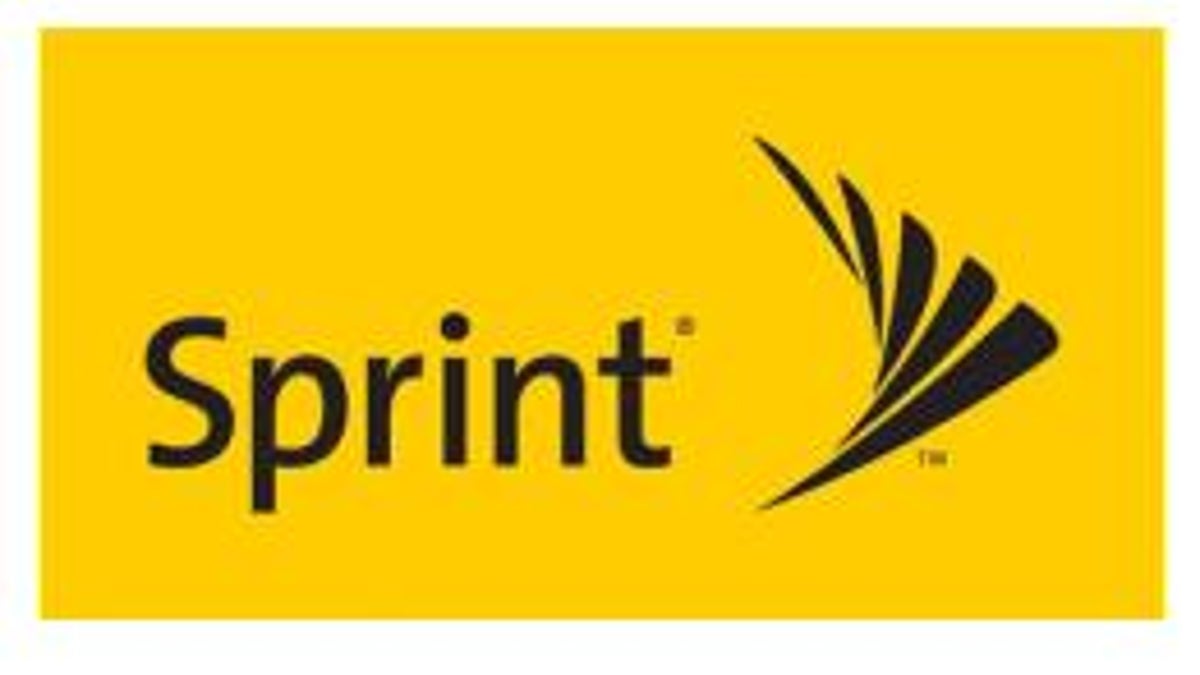Sprint to phase out iDEN in 2013
After years of hinting iDEN was on its way out, Sprint finally announced today that it would end Nextel's IDEN network for push-to-talk service by 2013.

Almost six years after it acquired Nextel for $35 billion, Sprint today announced that it was finally phasing out Nextel's iDEN technology starting in 2013. The news isn't surprising in the least--indeed, Sprint has floated the idea several times since 2005--but this is the first time we have a real timeline for putting iDEN out to pasture.
The iDEN news came as part of a lengthy press release promoting a massive network upgrade called "Network Vision." Currently, the carrier uses separate base stations to handle its 800MHz and 1,900GHz CDMA bands and 2.5GHz WiMax band, but the initiative promises new equipment that can handle all spectrum bands simultaneously. Among the promised benefits are enhanced voice quality and data speeds, lower cost, and a smaller carbon footprint. Also, because Sprint plans to increase CDMA coverage on the 800Mhz band, indoor coverage could increase (lower frequency bands have greater building penetration).
Sprint will partner with Alcatel-Lucent, Ericsson, and Samsung to deploy the new equipment with each company taking a different part of the country. Deployment will begin next year and should be completed by 2016. Though Network Vision is expected to cost between $4 billion and $5 billion, Sprint estimates that cost savings from capital efficiencies, cheaper roaming expenses, and a reduction in total cell sites could total $11 billion.
To replace push-to-talk (PTT) services on iDEN, Sprint says it will launch new services on CDMA some time next year. Though Sprint promises that the new network will be followed by a "a competitively priced lineup of rugged handsets and smartphones," the carrier has struggled to integrate Nextel's Direct Connect PTT services following the merger. After ditching its own CDMA-based ReadyLink PTT service after the acquisition, Sprint first tried offering dual-mode CDMA/IDEN handsets like the

